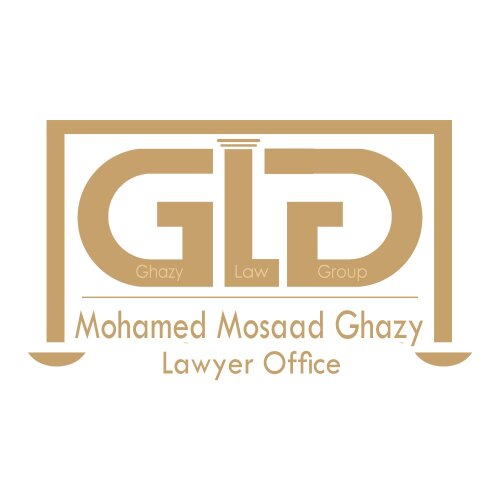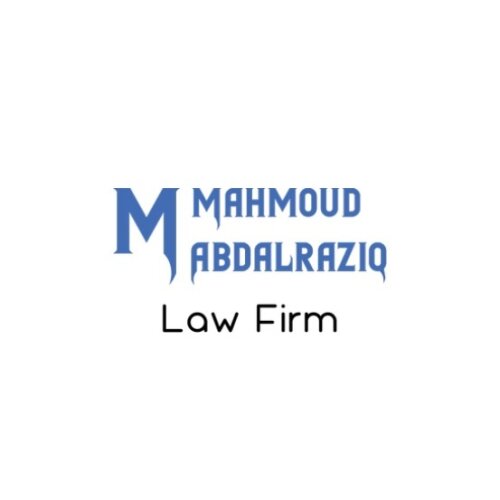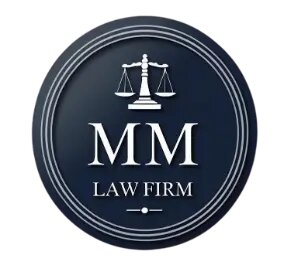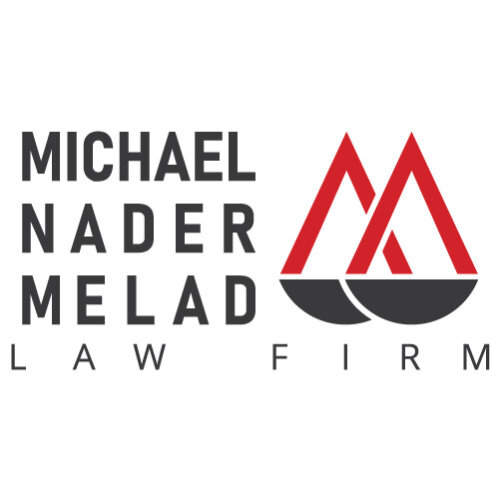Best Education Law Lawyers in Egypt
Share your needs with us, get contacted by law firms.
Free. Takes 2 min.
Or refine your search by selecting a city:
List of the best lawyers in Egypt

About Education Law in Egypt
Education law in Egypt governs the operation and administration of all educational institutions within the country, ensuring the right to education as a fundamental right guaranteed by the Egyptian Constitution. The legal framework includes regulations for public and private educational institutions, teacher and student rights, curricular standards, and administrative oversight. The Ministry of Education plays a central role in enforcing these laws and policies aimed at maintaining educational standards and equity.
Why You May Need a Lawyer
Engaging a lawyer familiar with education law can be crucial in various situations. Common scenarios include disputes over school admissions or students’ rights, issues related to special education needs, conflicts involving teacher employment contracts, or disciplinary actions that seem unjust. Additionally, if you are opening a private educational institution, navigating the regulations and licensing requirements will likely require legal expertise to ensure compliance with national laws.
Local Laws Overview
Key aspects of local laws in education include the Education Act and various national regulations that encompass the rights of students to receive free primary education, the regulation of private tuition, requirements for curriculum standards, and the establishment and operation of educational facilities. In recent years, reforms have aimed at expanding access to education and improving quality, particularly in underserved regions. The laws also provide mechanisms for addressing grievances and enforcing educational standards.
Frequently Asked Questions
What is the legal age for beginning compulsory education in Egypt?
In Egypt, compulsory education begins at the age of six and continues until the age of fifteen.
Can a foreign national open a private school in Egypt?
Yes, foreign nationals can open private schools in Egypt, but they must comply with specific licensing requirements and regulations set by the Ministry of Education.
Are there laws protecting students with disabilities?
Yes, Egyptian education law includes provisions to ensure that students with disabilities have access to appropriate educational resources and accommodations.
How can I address a dispute with a school over admissions?
You can address disputes by first contacting the school's administration or board. If unresolved, seeking legal advice may be necessary to explore further options, including potential legal action.
Are homeschooling options legally recognized in Egypt?
Homeschooling is not widely recognized in Egypt, and families interested in this option should consult with legal professionals to understand any potential legal implications or requirements.
Can parents choose the curriculum for their child?
While parents can choose between public and private education, the curriculum for public schools is standardized across Egypt. Private institutions may have some flexibility but must align with national education standards.
What rights do teachers have in Egyptian schools?
Teachers’ rights are protected under labor laws, covering employment conditions, contracts, pay, and dispute resolution mechanisms within schools.
How are educational standards enforced in Egypt?
The Ministry of Education is responsible for setting educational standards, and regional education authorities monitor compliance through inspections and assessments.
What are the legal grounds for student suspension or expulsion?
Suspension or expulsion must be based on legitimate grounds, such as misconduct or breach of school policies, and the student should have the right to appeal such decisions.
How can legal aid be accessed for education-related issues?
Legal aid can be accessed through various legal societies, non-governmental organizations, or by hiring a private attorney with expertise in education law.
Additional Resources
Key resources include the Ministry of Education's official publications, local legal aid organizations, and international bodies like UNESCO, which can provide guidance on education rights. The Egyptian National Council for Childhood and Motherhood also supports education-related advocacy and resources.
Next Steps
If you require legal assistance in education law, start by consulting with a lawyer specializing in this area. Gather all relevant documentation and information related to your situation. Considering reaching out to educational bodies or advocacy groups for initial guidance can also be beneficial. Aim to clarify your goals and desired outcomes before proceeding with formal legal action.
Lawzana helps you find the best lawyers and law firms in Egypt through a curated and pre-screened list of qualified legal professionals. Our platform offers rankings and detailed profiles of attorneys and law firms, allowing you to compare based on practice areas, including Education Law, experience, and client feedback.
Each profile includes a description of the firm's areas of practice, client reviews, team members and partners, year of establishment, spoken languages, office locations, contact information, social media presence, and any published articles or resources. Most firms on our platform speak English and are experienced in both local and international legal matters.
Get a quote from top-rated law firms in Egypt — quickly, securely, and without unnecessary hassle.
Disclaimer:
The information provided on this page is for general informational purposes only and does not constitute legal advice. While we strive to ensure the accuracy and relevance of the content, legal information may change over time, and interpretations of the law can vary. You should always consult with a qualified legal professional for advice specific to your situation.
We disclaim all liability for actions taken or not taken based on the content of this page. If you believe any information is incorrect or outdated, please contact us, and we will review and update it where appropriate.
Browse education law law firms by city in Egypt
Refine your search by selecting a city.















